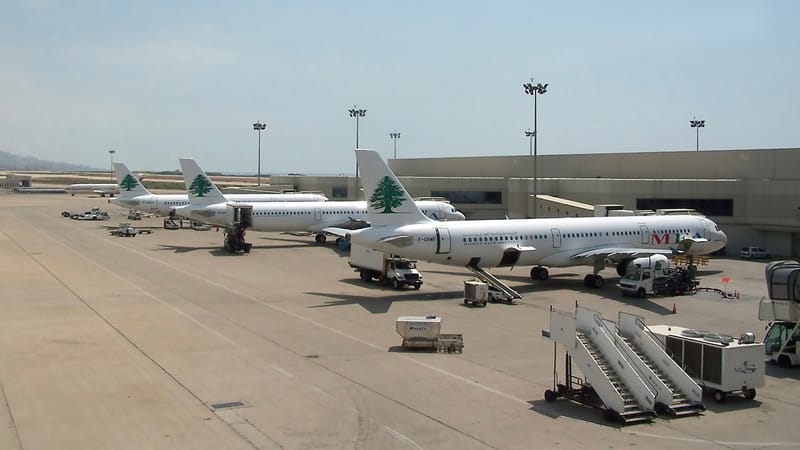Missiles, Retaliation, and the Road to Conflict: Is the Middle East Sliding Toward a Global War?
The Middle East has long been a theater of proxy wars and regional power plays, but the events of the past few days suggest a dangerous new phase

The skies over Israel lit up on October 1, 2024, as Iran launched an unprecedented barrage of 200 ballistic missiles, targeting Israeli military bases and major cities. This attack, the largest of its kind from Tehran, was a calculated response to Israel’s assassination of Hezbollah leader Hassan Nasrallah and Hamas political chief Ismail Haniyeh. While Israeli missile defenses, bolstered by U.S. naval destroyers in the Mediterranean, intercepted most of the missiles, the scale of the assault raises profound concerns about the future trajectory of this escalating conflict.
The Middle East has long been a theater of proxy wars and regional power plays, but the events of the past few days suggest a dangerous new phase. As Israeli forces engage Hezbollah on the ground in southern Lebanon and more countries indirectly join the fray—either through military support or by intercepting projectiles—the prospect of a broader conflict looms. The question the world must now confront is: has this conflict spiraled out of control?
A Regional Conflict at the Tipping Point
For years, Israel and Iran have operated on the edge of war, their animosity manifesting in proxy battles across Lebanon, Syria, and Gaza. But Iran's missile strike marks a new and perilous chapter in this longstanding rivalry. It’s not just the scale of the attack that’s alarming—it’s the technology. Tehran deployed hypersonic missiles for the first time, weapons capable of evading Israel’s multi-layered defense systems. Though the missiles caused limited damage, the symbolic power of Iran’s attack cannot be ignored. It demonstrated Iran’s willingness to go beyond conventional means to send a message of retaliation.
This aggression, however, does not exist in a vacuum. Israel’s covert assassination of Hezbollah and Hamas leaders dealt significant blows to Iran’s strategic depth in the region, prompting a response that, while dramatic, appears measured. It was not designed to cause mass casualties but to demonstrate that Iran can—and will—strike back hard when pushed.
Yet as the conflict intensifies, the risks of miscalculation increase exponentially. Hezbollah, already deeply embedded in southern Lebanon, continues to clash with Israeli forces. With the war threatening to spill across multiple fronts, involving Iran’s network of allies, the stakes are rising by the day. Southern Lebanon, Gaza, and even the Red Sea, where Yemen’s Houthis have targeted Israeli interests, are all battlegrounds in a widening conflict that could soon engulf more players.
Can the World Contain This Conflict?
The United States, Israel’s closest ally, has moved swiftly to support Jerusalem, reinforcing missile defense efforts and publicly backing Netanyahu’s vow to retaliate. Yet Washington’s involvement only underlines the complexity of this moment. Any misstep in the region could draw the U.S. further into a war that many fear could spread beyond the Middle East.
Russia and China, both with strategic interests in Iran, are watching closely. While neither wants a full-scale war, both have vested interests in how this conflict unfolds. Russia, with its foothold in Syria and complex relations with both Iran and Israel, is keen to avoid destabilization, especially given its broader ambitions in the region. China, reliant on Middle Eastern energy supplies, has long advocated for stability but now faces a balancing act between its economic partnerships and its desire to avoid being drawn into a broader geopolitical showdown.
Meanwhile, regional players like Saudi Arabia and the Gulf states have their own concerns. Iran’s increasing aggression has always been a threat to Saudi hegemony, and Riyadh, while cautious, will not remain passive if the conflict spreads. An Israeli-Iranian war would undoubtedly reshape alliances and intensify regional rivalries, with implications for the entire Gulf.
What Comes Next?
What happens next depends largely on how Israel chooses to respond. Netanyahu has promised swift retaliation, and Israel has the military capability to hit back hard. But every retaliatory strike risks escalating the conflict further. Iran, with its vast network of regional proxies, could quickly unleash more attacks not only on Israel but potentially on U.S. interests in the region.
At the same time, this conflict is unfolding in a Middle East already deeply unsettled by the aftermath of the Gaza war, ongoing civil strife in Syria, and the ever-present threat of economic instability. A wider war would not only devastate the region but also have profound global consequences—from energy markets to the global economy, and from migration crises to international alliances.
As we stand at the crossroads of a potential regional war that could spiral out of control, the world must grapple with profound questions: can this conflict be contained? What role should global powers play in preventing further escalation? And most crucially, are we witnessing the sparks of a conflict that could spread far beyond the Middle East, with devastating global consequences?
The answers to these questions remain uncertain, but what is clear is that the region—and the world—stand at a dangerous precipice.





